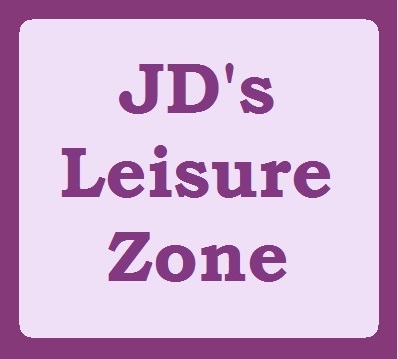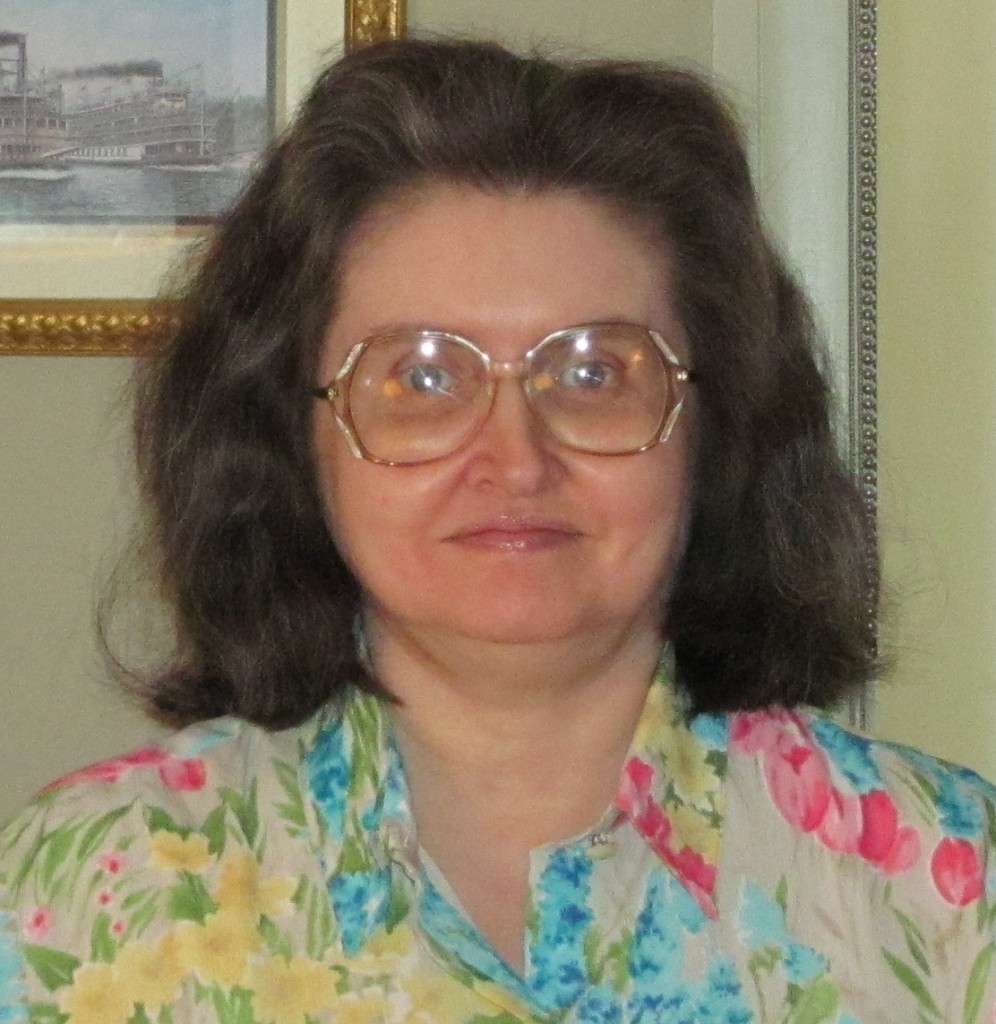Writers should share with and instruct other writers. Beginning writers should take the time to learn before they do, and not rush to publish. Readers should support the authors who are doing a good job and reward them with their support. And all writers should strive to put out the best product that they can, and not just throw something out there.
Jackie Driggers – 21 October 2013
About Reviewing
How did you get started?
It all started when I got my kindle for pc app and discovered ebooks. I already had the blogs at the time, and it just seemed a natural outgrowth for me to start doing book reviews. I’ve loved to read since I was a child, and I’m a writer too.
How do you review a book? Is it a read first, and then make notes, or do you make notes as you go along?
I read the book, and make notes in my OneNote program; then I go back and write the review when I finish reading the book.
What are you looking for?
I look for a book that grabs my attention within the first few lines, and then continues to hold my attention; a book that draws me into the world it creates. I want to get lost in the story.
If a book has a great plot, great characters, but the grammar is less than perfect, how do you deal with that?
I do freelance editing, and I’ve made it a practice not to mention that in my review. I concentrate on the story, because that’s what I’m reviewing. I’m reviewing the story and not the editing. Even with the best editing job, you can still always miss something. Sometimes I may contact the author and point out any grammar/editing issues. But I don’t mention it in my review.
How long does it take you to get through, say, an eighty thousand-word book?
It all depends on how into the book I am, and how much reading time I have to get in. If I don’t have anything else to do, I can polish one off in a day or two. But I hardly ever have nothing else to do. Sigh.
How did you come up with your rating system, and could you explain more about the rating system?
Well, authors seem to like the 1-5 star rating system that is prevalent on many websites, so I’ve used my paint program to create the graphics, and am going to be awarding my own 1-5 stars.
What advice could you give to authors looking to get their books reviewed?
Make a list of book review links and websites and such. They might even want to create an interest list on facebook of book review pages. If they have a date they want the review done by, be sure and give the reviewer plenty of time. Remember, reviewers have lives beyond reviewing, and probably have limited reading time. Be patient with the reviewer and don’t pester them, but don’t ignore them if they get in touch with you. And be sure and give them your contact links so they can get in touch with you easily. Most of all, be patient. You could use google drive to create an – I want to review your book – form.
Do you get readers emailing you and thanking you for a review?
Not so far I haven’t.
My advice to authors on getting a “bad” review (hasten to add that might mean a perfectly honest, well written, fair review – just bad from the author’s point of view) is to take what you can from it and move on. Under no circumstances to “argue” with the reviewer – would you agree with that?
Definitely. Authors need to remember that the reviewer is entitled to their opinion, and they also need to remember that they asked for that opinion.
About Reading
We talk a lot about writing here on the blog, and possibly not enough about reading, which is after all why we’re all here. Why do you think people love reading. We’re seeing lots of statistics that say reading as a past-time is dying – do you think that’s the case?
No way. Reading has been with us since man learned to write. And it will continue to be with us. I think ebooks are causing a renaissance in reading. Reading a book has never been easier than it is today. The great thing about ebooks is the ability to adjust the type size, which you can’t do with paper books.
About Writing
What are the most common mistakes that you see authors making?
Not spending enough time with editing, and not hiring an editor to go over their book before they publish. Two or three typos or boo-boos or miss-licks, however you want to call them, is one thing. Those happen. But a whole book full of them? That’s just not acceptable. Also, they need to learn about properly formatting a book file.
We’re told that the first page, paragraph, chapter, is absolutely key in making or breaking a book. Agents typically request only the first five pages of a novel, what do you think about that; if a book hasn’t grabbed you by the first five pages, do you put it down?
Yeah, I probably will. I’ll skim through it, read enough to do a review, check out the ending. But I won’t keep reading it. If a book hasn’t got me within the first 5 pages, it’s not going to. Hey, usually it only takes the first 5 lines for me.
Is there anything you will not review?
Yes, horror books. I don’t do horror movies or books either. Now I like paranormal, just not horror. And I usually don’t do non-fiction or religious books either.
About Publishing
What do you think of the oft quoted comment that the “slush-pile has moved online”?
I think it is the traditional publishing houses throwing mud at the self-published authors. For years and years, a few large publishing houses have dictated who would and would not get published. Suddenly, self-publishing has popped up, and they don’t have that control anymore. Of course they don’t like it, and are going to put self-published authors down. They’re trying to keep up with the game that they are dreadfully behind in, and still trying to control something that is no longer theirs to control. I’ve read a lot of self-published books, and know a lot of the self-published authors; and I have nothing but the highest respect and the greatest regard for them and their books. I hope to join them one day in the near future.
Do you think attitudes are changing with respect to Indie or self-published titles?
I think it is. Indie authors are doing better in regards to editing, formatting, and covers. They have websites, facebook pages, twitter accounts. Some can afford to hire publicists. And those that are more experienced are sharing with those who are new and learning. Facebook groups are a great place to meet other more experienced authors, and ask questions, and learn. This self-publishing is a whole new thing, and it’s part of the whole new landscape that is emerging in publishing in general. We’re becoming a paperless society. I liken it to when automobiles first arrived on the scene. This is a time of transition, and self-publishing will become more and more accepted and respected as time passes.
Do you have any ideas or comments on how the industry can “filter” good from bad, aside from reviews?
Writers should share with and instruct other writers. Beginning writers should take the time to learn before they do, and not rush to publish. Readers should support the authors who are doing a good job and reward them with their support. And all writers should strive to put out the best product that they can, and not just throw something out there. It’s all a work in progress, and we should all support and encourage each other, and work together to make it all better.
End of Interview:
Read Jackie’s reviews at JD’s Leisure Zone.


